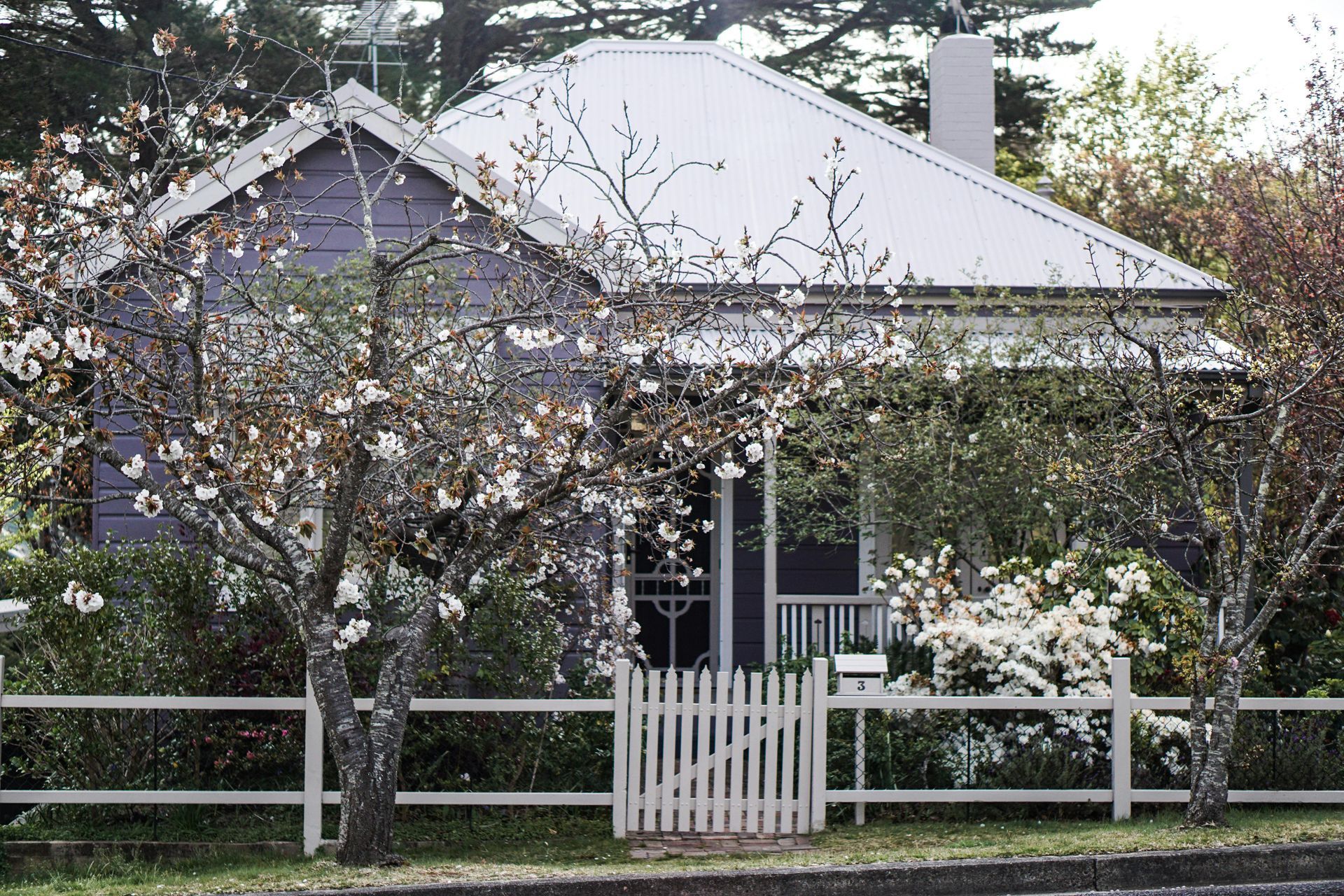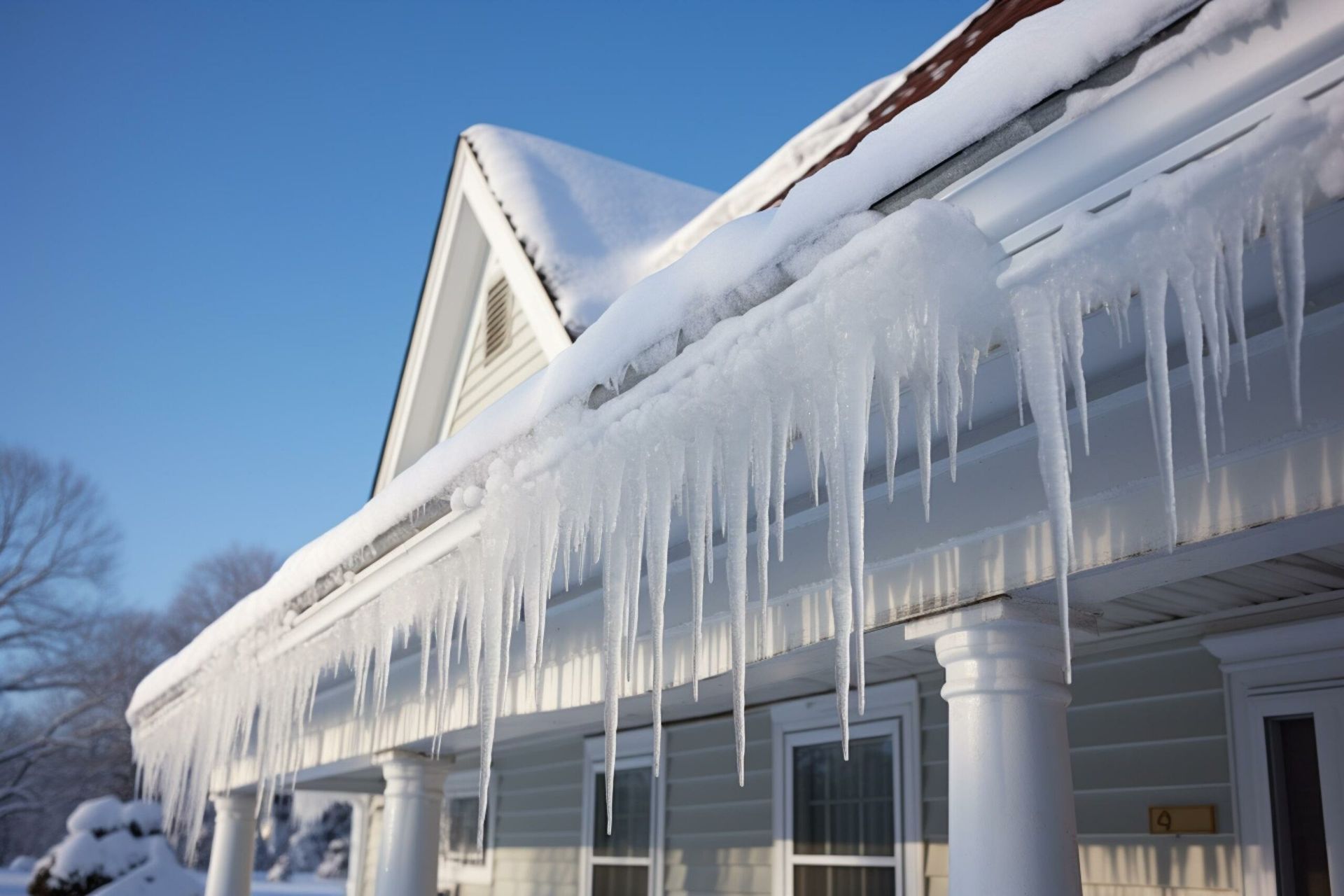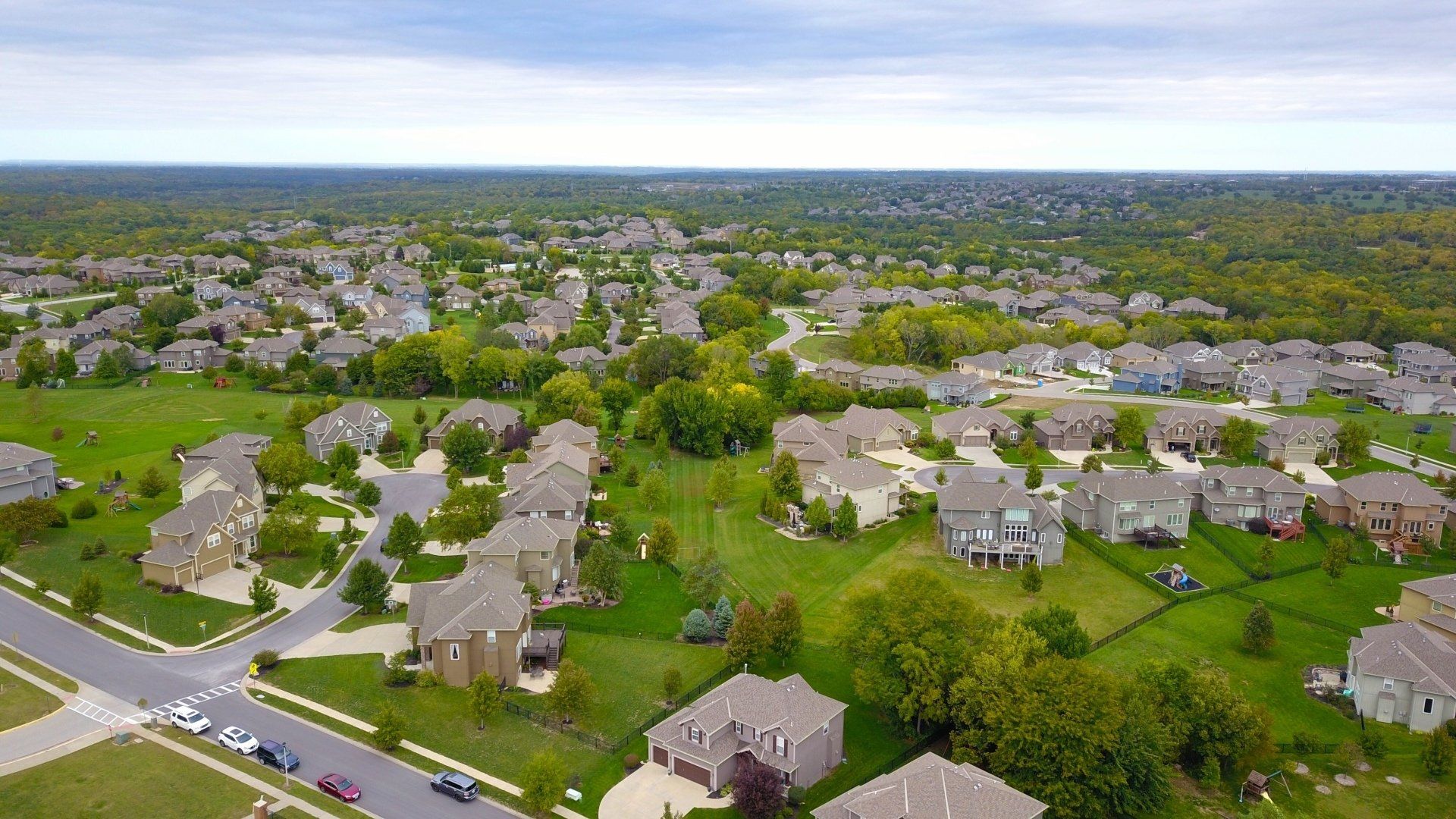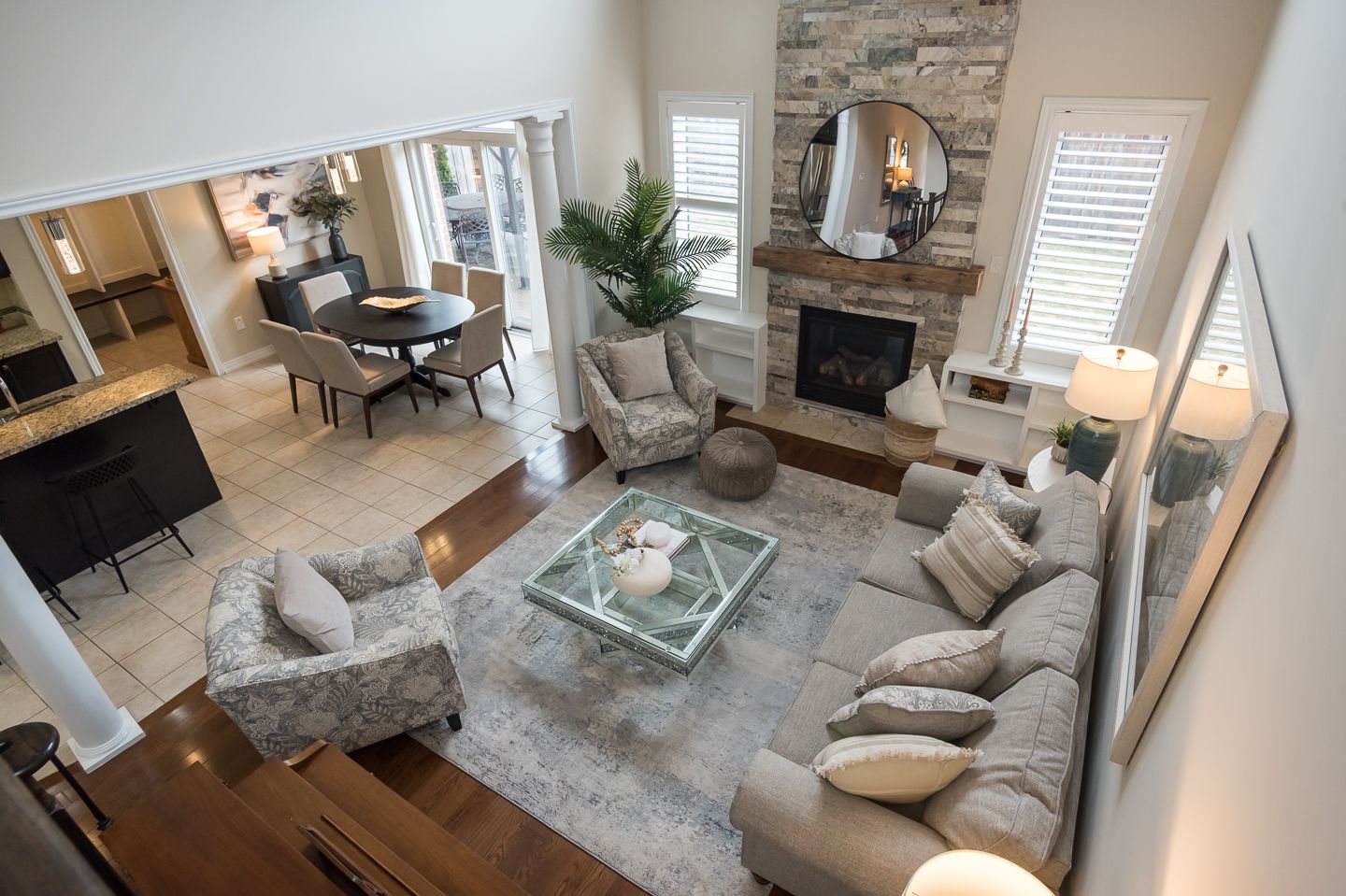Winterizing Your Home or Property? Here’s Everything You Need to Know
Winterizing your home helps you save money on energy bills, prevent damage, and mitigate potential disasters. Any homes in climates with freezing winters should be properly winterized before the temperatures start to drop.
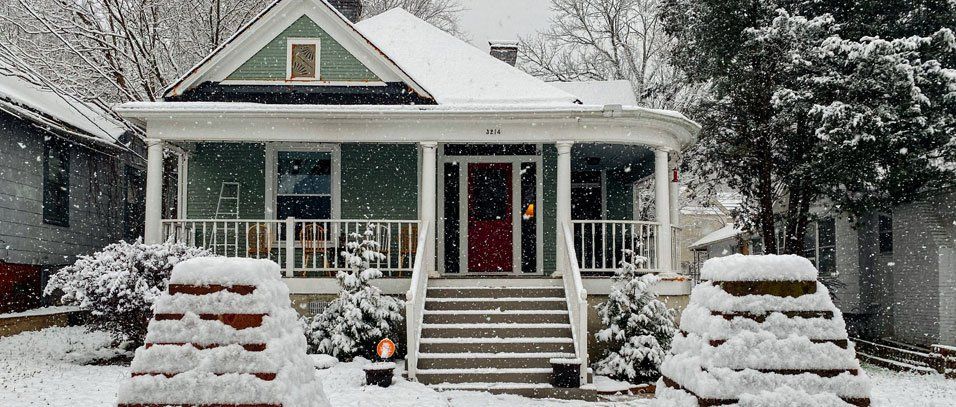
With the typical winter weather temperatures in Southern Ontario varying from -8 to -15 degrees Celcius, whether you own a condo or a detached home in Milton, it’s time to learn how to winterize your property. Many of these tips can be done by most homeowners or renters, while others may need professional help. None of them will require a significant investment unless a specific issue is found.
Today, we’ll briefly discuss what it means to winterize your house along with providing actionable advice to help protect your home and investment.
Why You Should Winterize Your Home
Your home is made up of countless smaller parts and components, many of which can be sensitive to temperature changes. What does winterizing a house mean? Winterizing your home helps protect these sensitive areas from damage and malfunction during the colder months when temperatures start reaching freezing levels.
Winterizing provides plenty of benefits, including:
- Save energy: Whatever is fueling your home, use less of it by sealing areas that will let in the cold air. Even the smallest leaks can create more work for your heating system and impact your energy bill. Other winterizing tips will protect the efficiency and lifespan of your heating system as well, and make your home more energy-efficient.
- Prevent repairs: The harsh temperatures of winter can directly damage many components in your home, particularly anything related to temperature control and plumbing. Winterizing aims to guard these areas against damage that will result in repairs, either immediately or in the near future.
- Protect against disasters: Freezing temperatures can create immediate disasters with unpredictable levels of damage. A frozen pipe might lead to a flood that can wreak havoc on the entire house. That's why pipe insulation is important to protect plumbing pipes from freezing during the winter season and save you money in the long run. Taking the time to winterize your home helps prevent these types of disasters from occurring.
Tips to Winterize Your Home
The amount of work you’ll need to do to winterize your home will depend on the age of the home, the square footage, and the climate in your area. You should still carry out the items on our Winterizing Your Home Checklist below to make sure that you don’t waste money on energy or incur further costs from repairs or disasters.
Examine and Tune-Up All Heating Systems
You may not be able to do this one yourself, as it goes a little beyond replacing a dirty filter, but it won’t break the bank. Hire an HVAC specialist to examine and tune up your heating system. Your HVAC system must be in good working order to achieve the efficiency rating stated by the manufacturer. Additionally, this process helps prevent carbon monoxide leaks.
The sooner you schedule an HVAC specialist to visit your Milton house, the better. Technicians’ schedules can fill up quickly as the winter approaches and homeowners rush to ensure their furnaces are working.
Prepare Your Plumbing
Water is all around your house and you need to make sure it keeps flowing or is entirely turned off. Frozen water pipes can quickly create a disastrous situation. Take the following steps to prepare the plumbing in your detached house or condo:
- Turn off any outdoor faucets: You certainly have outdoor plumbing and it must be drained and shut off. Frozen water expands and can warp or burst pipes. Some newer homes have frost-proof faucets, but everyone should take the extra step to turn off these faucets.
- Drain any outdoor plumbing systems: Sprinkling systems, water fountains, and small ponds are all increasingly common. Make sure that each of these is drained and shut off.
- Clean and protect gutters: It might be a stretch to consider gutters as plumbing, but since they will direct melting water, we’ll include them here. Thoroughly inspect all of your gutters and clear any blockages to ensure melting snow and ice has a place to drain away from your home.
Completely Seal Windows, Doors and Anywhere Else
Any gaps in windows or door frames can let in cool air and run up your energy bill. Winterizing windows and doors is typically done by applying exterior caulk around the frame. This small change will prevent heat loss, and create a much-needed barrier between the warm interior and the harsh exterior that will make a bigger difference than you might expect. Sealing windows and doors is typically a DIY project for many homeowners and most hardware stores in Milton or surrounding areas carry the necessary supplies to do the job, including caulking and weatherstripping.
Winterize and Protect Your Home
Whether you own or rent a detached house, townhouse, or condo, homeowners and renters alike will benefit from taking the time to fully prepare their Milton homes for the winter months before temperatures start dropping.
Flowers Team News


